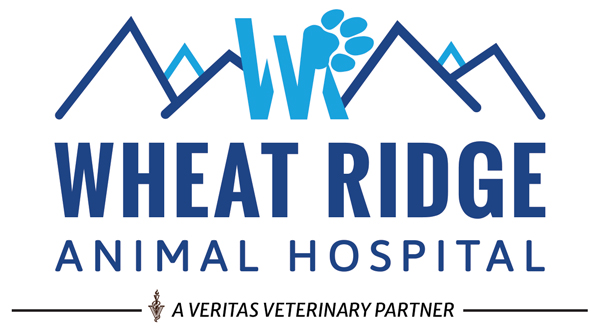Tartar and plaque buildup on your pet’s teeth can cause both minor and serious health problems.
Good oral hygiene is also important. Aside from bad breath, your pet may develop gum recession, cavities, periodontitis, and loose teeth. Research data has shown a link between dental disease and many other common health problems such as heart, liver, lung and kidney disease. During a physical examination, our veterinarians can recommend a dental program suited specifically to your individual pet’s needs.
Ensuring proper dental care calls for a joint effort between the pet owner and the veterinarian. In addition to regular deep cleanings at the veterinary hospital, dogs and cats should also have a regular tooth brushing daily, or at least twice a week.
Preventative dental cleanings, under anesthesia, are recommended at regular intervals to preserve oral health. Just like human teeth, pet teeth accumulate plaque and tartar. Without providing appropriate veterinary dental care for your pets, periodontal disease develops, leading to severe gingivitis and ultimately tooth loss; this preventable condition affects over 80% of pets over the age of two.
When left untreated, periodontal disease progresses to a point where more advanced therapies are required. Our doctors are trained and equipped for the following procedures:
Most dental problems can be identified during your pet’s annual physical exam. Your veterinarian may recommend a cleaning with/without extractions based on the severity of the dental disease they can see upon exam. If these issues are not properly identified and corrected, dietary problems will develop. This can be minor weight loss, or can be as serious as a life-threatening obstruction from improper chewing and poor muscle coordination in the GI tract. Talk to your veterinarian at each exam about your pet’s dental health.
Primary Care Veterinarian, Veterinary Acupuncturist
Primary Care Veterinarian
Primary Care Veterinarian
Primary Care Veterinarian
